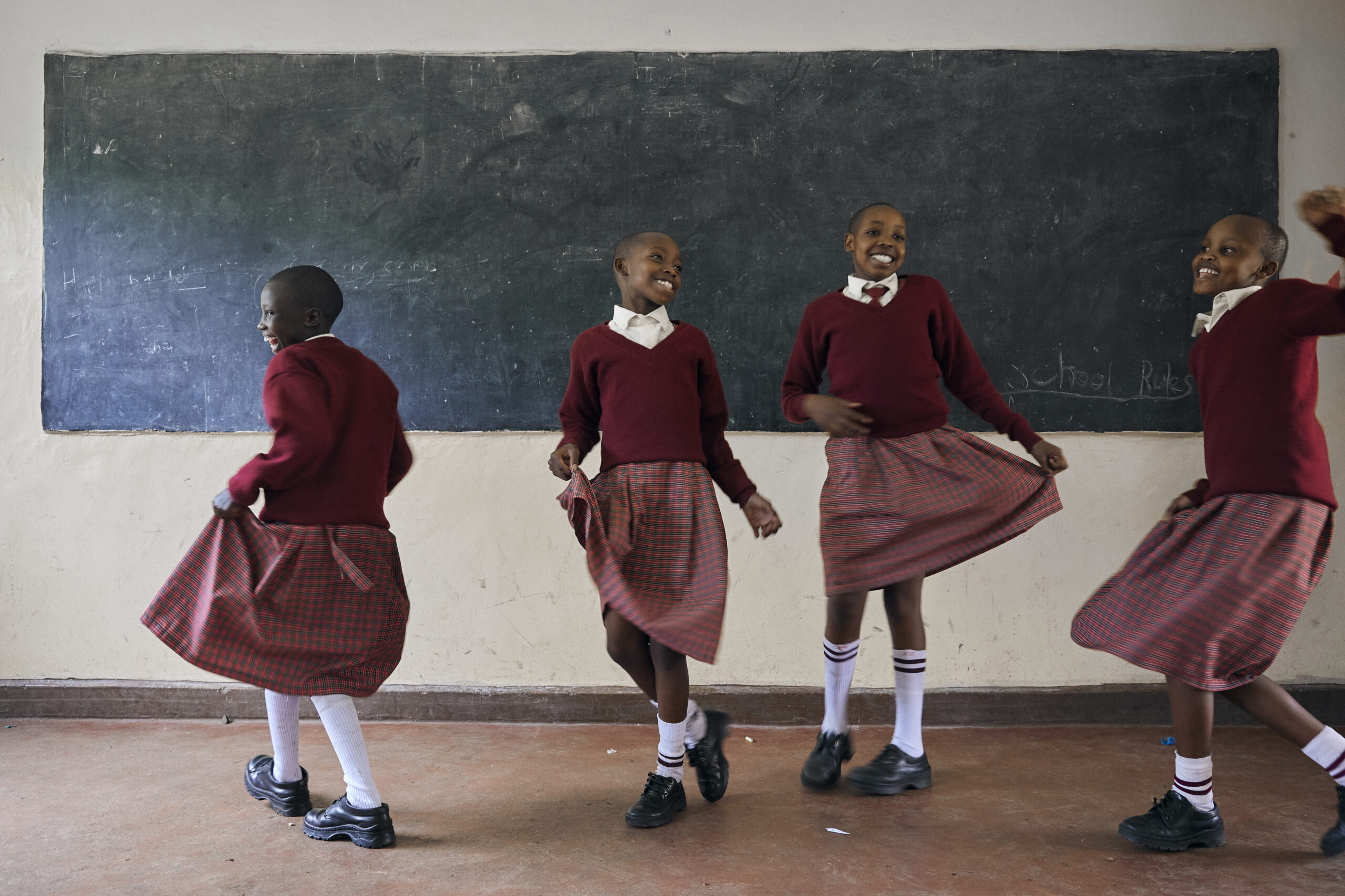YOUR PRIVACY
To enhance your experience with our site, many of our web pages use “cookies” and shopper ID’s. Cookies are text files we place in your computer’s web browser to store your preferences. To find out more, read our updated privacy policy.
"Unless a community understands the magnitude of a harmful cultural practice, the fight against the violence will not succeed. It all starts with sensitization."
– George Ouma
Sub-County Director of Education, Kenyenya, Kisii County
George Ouma
George Ouma is the sub-county director of education in our neighboring Kisii County. His mandate is ensuring the proper implementation of general education programs and supervising teachers to ensure they are complying with the standards put forth by the Teacher Service Commission.
Through his position within the education sector of the local government, George has been at the forefront in ensuring that marginalized girls stay in school despite the many obstacles they routinely face. Among the challenges girls in Kisii County experience are high rates of absenteeism and school dropout. The extreme poverty in the region often renders even important necessities like underwear and menstrual hygiene supplies unaffordable. Without any products to manage periods, girls are often forced to miss a week or more of school at a time each month. George also cites the common practice of female genital mutilation (FGM) as a major barrier keeping girls out of school.
He explains, “Unless a community understands the magnitude of a harmful cultural practice, the fight against the violence will not succeed. It all starts with sensitization.” To that end, George works closely with teachers to help them sensitize parents against practicing FGM in their homes. “When it comes to FGM, the elephant in the room is often mothers. For several Kisii mothers, they misunderstand the practice as a path to societal acceptance and a guarantee of marriage and security for their daughters.” George also helps teachers work with their students to stay in school, learn about the detrimental effects of FGM, and where to reach out for help if they feel they’re at risk.
He laments, “Our biggest worry now is the medicalization of FGM in Kenya. When trusted institutions like hospitals promote FGM, it undermines efforts to counter the practice.” In his personal time, George takes to educating the wider community against practicing FGM, warning that it is still a harmful human rights violation and form of violence against women, even if a hospital is willing to perform the procedure.
When Kakenya’s Dream brought our Health and Leadership Training program to the area under his purview, George welcomed our team and helped us identify schools that needed the training most. George shares that he’s grateful for the components of our Health and Leadership curriculum that help girls avoid FGM and early marriage and reinforce messaging about the risks of these practices to girls’ health and safety. We are grateful to George for his efforts to protect girls from gender-based violence, help them remain in school, and focus on their futures.


